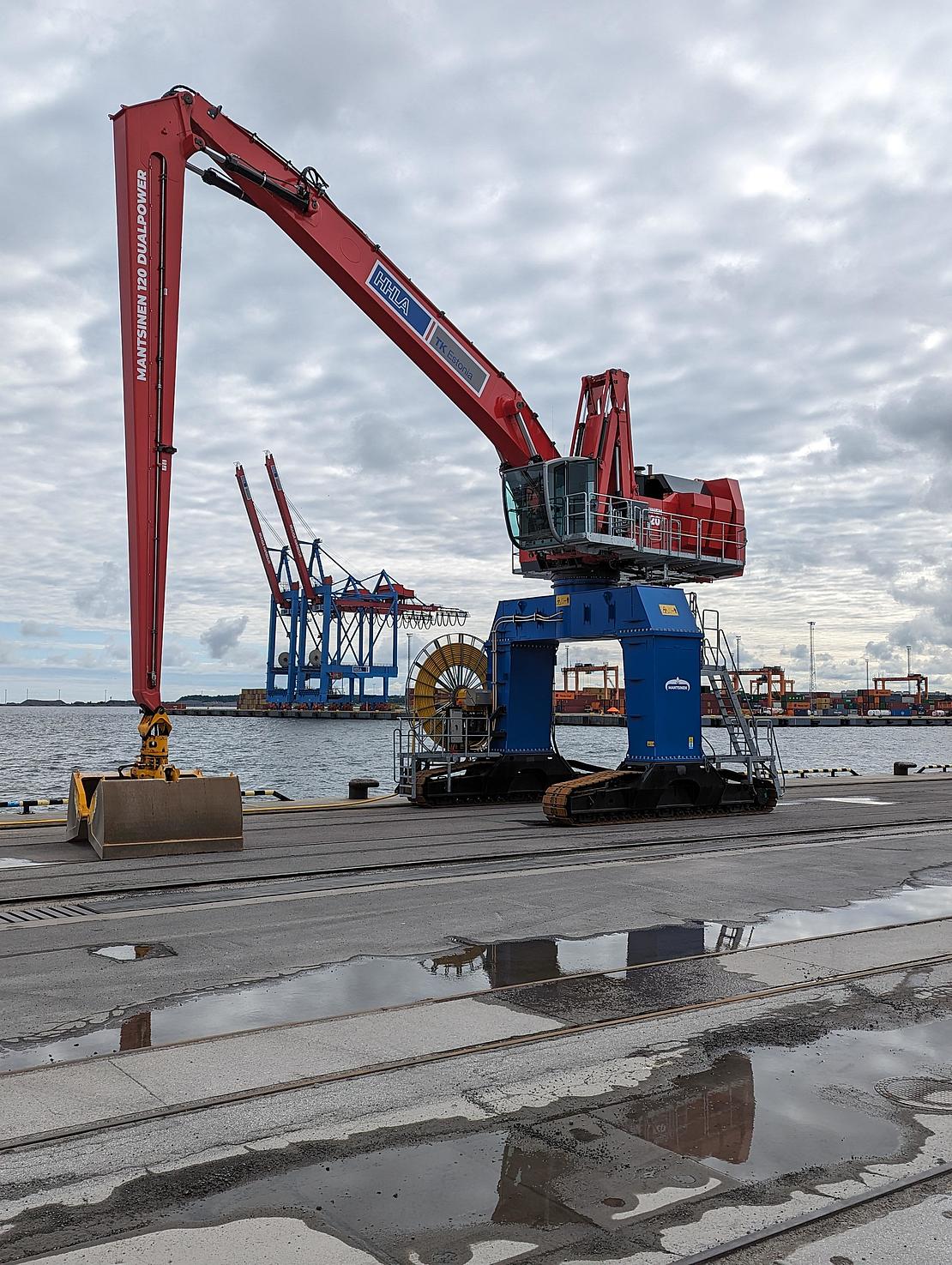29.07.2024
HHLA TK Estonia enters grain season with new sustainable handling facilities
HHLA TK Estonia, a subsidiary of Hamburger Hafen und Logistik AG, is ushering in the grain season with innovative and sustainable solutions for bulk handling and warehousing in the Estonian port of Muuga. The company has recently expanded its facilities with the addition of three newly built warehouse sections and significant advancements in its automatic entry and scale systems.

As the largest warehouse operator in the region, HHLA TK Estonia now offers diverse storage options for pellets and grain. The terminal boasts 86,500 m² of specialized covered storage halls, complemented by extensive open areas. This expansion allows the facility to handle up to 500,000 tons of bulk cargo annually, reinforcing its position as a key player in the Baltic logistics sector.
The new bulk cargo terminal concept integrates state-of-the-art storage solutions, digital innovations, and advanced loading equipment featuring dual power technology. The highlight of this development is the mobile hydrocrane Mantsinen 120 DER, which can handle up to 620 tons of bulk cargo per hour. This crane is the first of its kind in the Baltics, equipped with both electric motors and a diesel engine, promoting operational flexibility and efficiency.
In line with HHLA TK Estonia’s commitment to sustainability, the new facilities include three solar parks installed on warehouse roofs, with a combined capacity of 310 kW peak. This renewable energy integration ensures that a significant portion of the loading operations is conducted with minimal greenhouse gas emissions.
Andres Uusoja, Chief Commercial Officer of HHLA TK Estonia: “We are proud to offer environmentally friendly solutions for handling Estonia's primary bulk export commodities, including grain, pellets, and organic grain. Our customers increasingly value sustainable practices, and our new facilities are designed to meet these expectations.”
With these enhancements, HHLA TK Estonia is well-equipped to support the region's agricultural sector and contribute to a greener, more efficient supply chain.